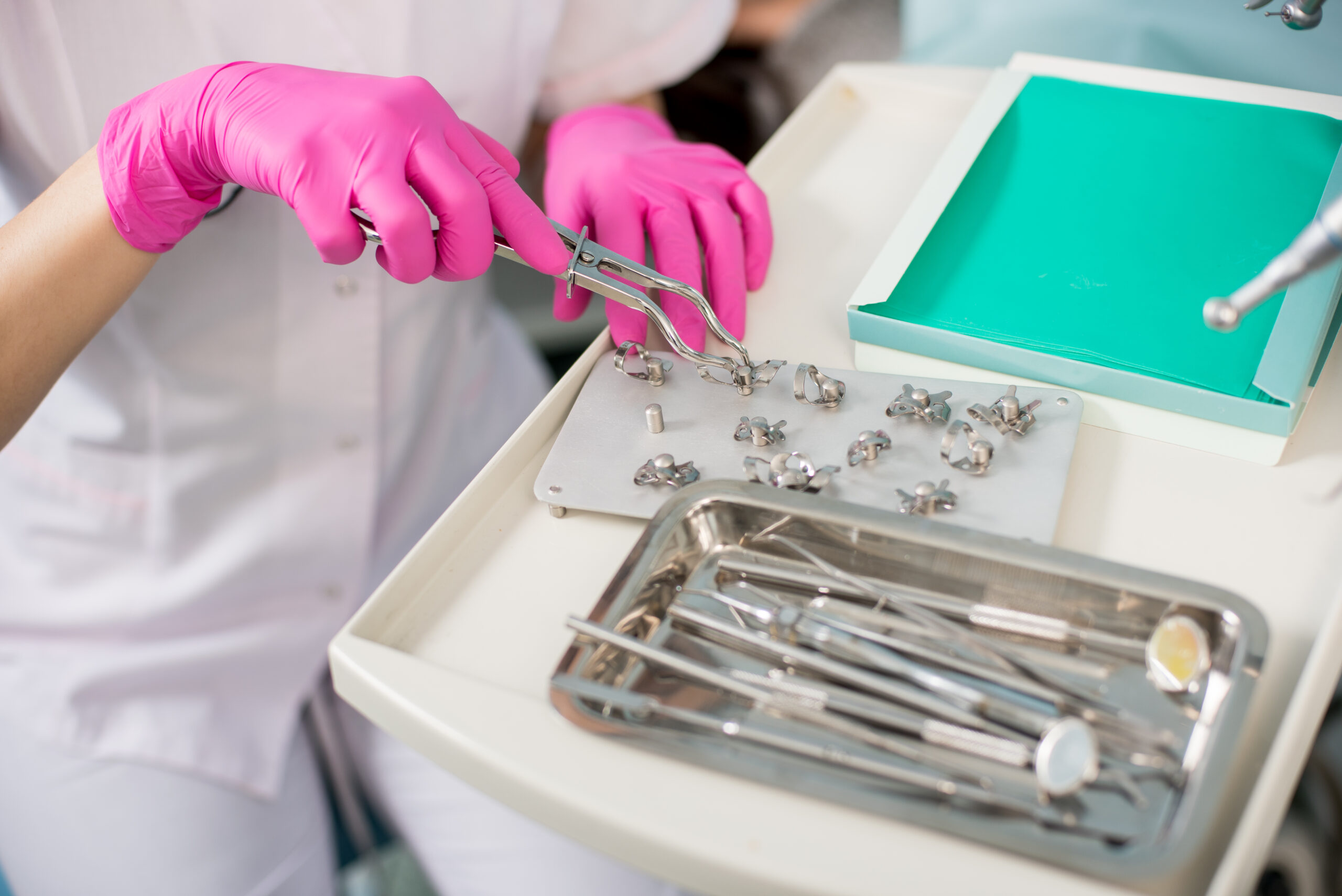What Is Product Liability?

Product liability is a kind of legal claim. A product liability case is similar to a personal injury case in many ways. For example, both a personal injury lawsuit and a product liability lawsuit are only possible when there has been an injury of some sort. With a personal injury lawsuit, the injury could be from falling or from getting into a car accident. With a product liability lawsuit, the injury is directly related to a defective and dangerous product.
Product liability is a vitally important field of legal work. Without product liability laws, there would be nothing to stop manufacturers, designers, or distributors from abusing the market. They could throw a bunch of random chemicals together and call it a product, a bar of soap, or something. It wouldn’t matter that the soap was poisonous because, without product liability laws, there would be no way of holding them responsible. The only option would be to stop purchasing from them, and this isn’t guaranteed to prevent further abuse in the name of profits.

Product liability laws allow consumers to hold the makers and distributors accountable. This helps to prevent intentional actions like our soap example. Unfortunately, there will always be people whose products end up causing injuries because of incompetence, recklessness, carelessness, or the simple desire to try to make a fast buck before anybody notices a problem.
If you have suffered injuries because of a faulty product, there are options available to you. First, however, we must determine whether the injury falls within the scope of product liability. Then we can determine how cases are affected when a dangerous product has been recalled.
What Are the Different Kinds of Product Defects?
When it comes to product defects, there are three categories which everything gets sorted into. It is possible to be injured by a product in a way that does not fall into these categories, but this would be a rare enigma that you and an attorney should discuss.
The three categories of product defects are:
- Design Defects: A product that is poorly designed can easily be dangerous. For example, the classic joke of the submarine screendoor. An absurd example, but it clearly illustrates how a design decision can create a dangerous product. In these cases, the marketing and manufacturing can be as straightforward and problem free as possible. It just doesn’t matter because the fundamental design is the problem, so the product was always going to be an issue.
- Manufacturing Defects: Say you have a product that is perfectly designed. There is absolutely nothing wrong with the design; it should function perfectly. That product still needs to be manufactured, and lots of issues can occur here. Weaker materials may be used to save money but result in products that can’t handle any tension or weight. Perhaps one of the machines involved in manufacturing was malfunctioning, so a necessary piece of the product never got put into place. These products shouldn’t be dangerous, but the manufacturing process made them so.
- Marketing Defects: As known as a failure to warn, marketing defects occur after the product has been manufactured. Marketing defects may extend to marketing materials, but most often, these cases relate to the claims made on the product’s box. Say you bought a car seat for your child. You followed the instructions and got it set up with the seatbelts. Only the product didn’t warn you that certain configurations of the belts could result in injury to the child. This marketing defect, the company’s failure to warn, is responsible for the injuries your child suffered because you would have never used the product in that configuration if there had been a warning on the box or in the instruction manual.
It is worth stressing that these three categories are vital to product liability lawsuits, but they don’t tell us anything about the kinds of products involved. This is because any legal product that you purchase could result in injury if it was poorly designed, manufactured, or marketed. There must be a product and an injury for a product liability lawsuit, but the type of product is mostly irrelevant.

Also, note that you don’t need to be the individual that bought the product. Say a friend bought it and gave it to you as a gift. This would only affect the case if your friend tampered with the product before gifting.
Can a Recalled Product Be the Basis for a Product Liability Lawsuit?
Most stores want to ensure that you get a good product. Plus, they really don’t enjoy being sued. So if they realize that one of their products suffers from a defect, most companies are willing to recall the product. Any products that are left in the stores are supposed to be sent back to the company, and warnings are issued to the public. Some recall campaigns may include promises for replacement products or other tokens of apology.
But what happens when you injure yourself on a recalled product? After all, the world is large and confusing. It is easy for somebody to miss an announcement that a product is being recalled. Stores may miss the notice and accidentally leave out recalled merchandise, or they may even choose to ignore the recall and sell the merchandise like everything was okay. So it is easy for somebody to end up injured by a recalled product.
Who Is Liable in a Product Liability Case?
When there is a design or manufacturing defect, it is typically the manufacturer that is held liable. Suppliers can also be held liable if they were involved in the accident, such as providing additional parts for the product.

Sellers can also be liable, even though they weren’t involved in the manufacturing of the product if they sold a dangerous product like one that was supposed to have been recalled.
What If I Was Injured By a Recalled Product?
If your injuries stem from a recalled product, then you will want to speak to a product liability attorney. They will be able to help you to investigate the product, identify defects, and proceed with a lawsuit for the compensation you deserve.




